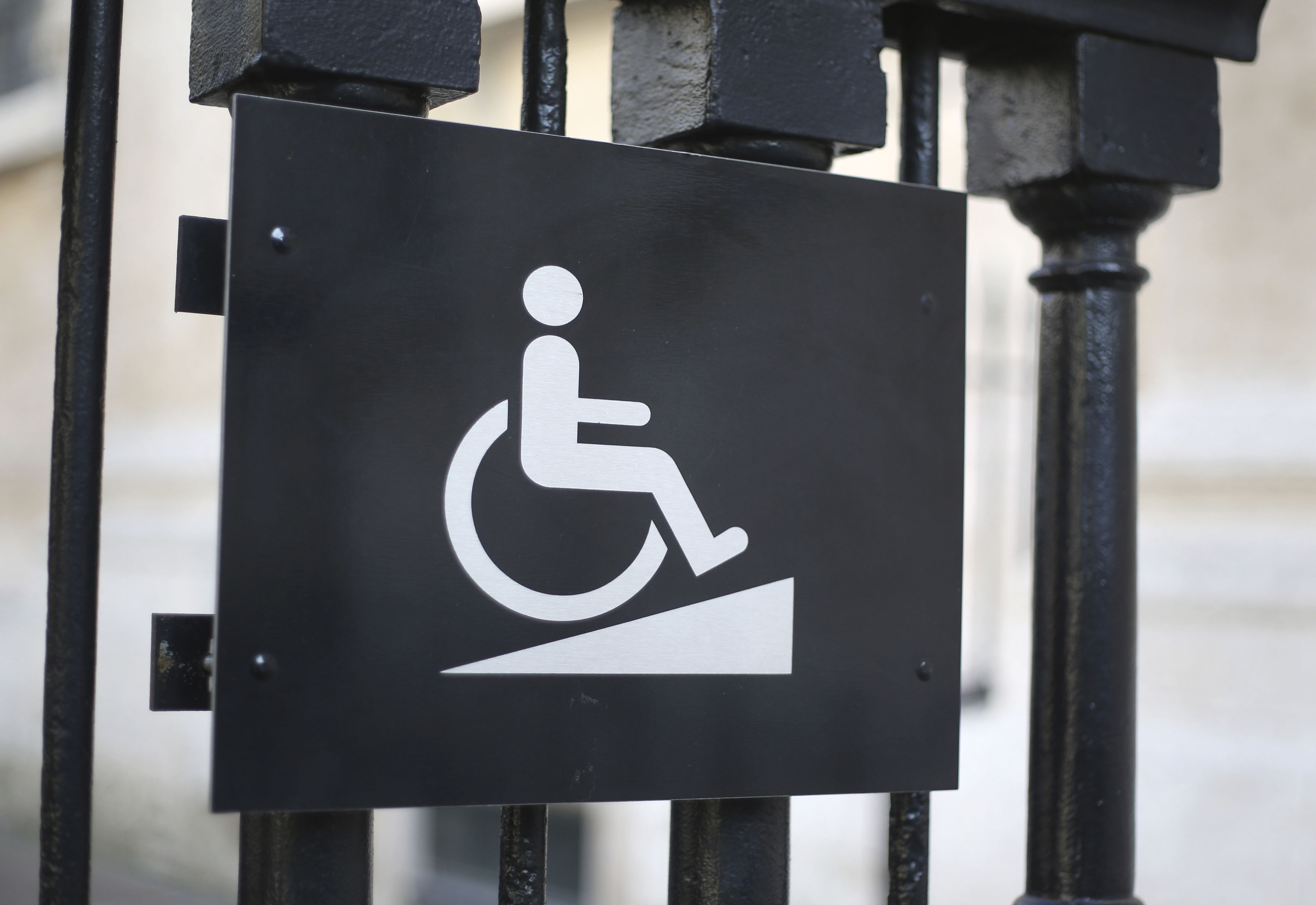
Ahead of a key House of Lords vote on the proposed reductions to Employment and Support Allowance (ESA), more than 30 charities and three peers – including Paralympian Baroness (Tanni) Grey-Thompson – have signed an open letter to Iain Duncan Smith urging him to think again.
They released polling figures showing that 1% of disabled people felt that the planned £30-a-week cut in ESA would motivate claimants to get a job, compared to 45% who said it would mean them returning to work later.
Meanwhile, charity Mind released separate figures suggesting that almost three-quarters of Department for Work and Pensions threats to cut the ESA payments of people with mental health problems were issued incorrectly.
Using DWP figures obtained under the Freedom of Information Act, Mind calculated that some 244,000 people were receiving ESA in the so called “work-related activity group” (WRAG) – meaning they were deemed unfit for work but capable of undertaking activities to lead them towards employment – because of mental health problems in 2014/15.
Of these, 39,190 – 16% of the total – received decisions which could have led to benefits being cut.
But Mind said that 28,624 (73%) of these decisions were eventually overturned.
More than 10,000 – 4% of the total – saw their benefits cut for a period of time.
“The system is in chaos with three-quarters of referrals for sanctions wrongly issued to people with mental health problems,” said Mind policy and campaigns manager Tom Pollard.
“Despite having been found not well enough to work, these individuals are being threatened left, right and centre, often unjustifiably.
“There is a complete lack of evidence to show that stopping, or threatening to stop, someone’s financial support is an effective approach.
“In fact, pressurising people with mental health problems to engage in activities under the threat of losing their benefit is counter-productive, causing additional anxiety, often making people more unwell and less able to work.”
READ MORE
1.5 million benefits claimants could be left penniless after dropping off the roll, warns Labour MP
Women may sue Government over pension changes
Mind joined other members of the Disability Benefits Consortium – including Mencap, Macmillan Cancer Support, Parkinson’s UK, the Royal National Institute of Blind People (RNIB) and the MS Society – in signing the open letter to protest against Mr Duncan Smith’s plan to cut £30 a week from new claimants in the WRAG group of ESA in order to bring it in line with Jobseekers’ Allowance.
The letter warned the change would “undermine (the Government’s) commitment to halve the disability employment gap and push sick and disabled people further away from work and closer to poverty”.
It added: “The Government says this £30 disincentivises sick and disabled people from finding work, but it has so far offered no evidence for this claim.
“In fact a recent independent review showed the opposite is true – this cut will make it harder for disabled people to find work.”
They cited a poll suggesting that 71% of the public believe welfare cuts will make the UK a worse place for disabled people to live, against 6% who thought Mr Duncan Smith’s Welfare Reform and Work Bill would make it better for them.
More than a quarter (28%) of ESA claimants said they sometimes could not afford food and 38% heating under current arrangements and 69% said they would struggle to pay their bills if support was cut.
Mencap chief executive Jan Tregelles said: “Ahead of this key vote in the House of Lords, we ask peers to consider what disabled people have said about how this will affect them, and urge the Government to rethink this damaging cut in support for disabled people.”
Populus interviewed 2,099 UK adults for Mencap between December 11 and 13. Separately, the DBC surveyed 500 disabled adults between August 3 and October 15.

Enjoy the convenience of having The Sunday Post delivered as a digital ePaper straight to your smartphone, tablet or computer.
Subscribe for only £5.49 a month and enjoy all the benefits of the printed paper as a digital replica.
Subscribe